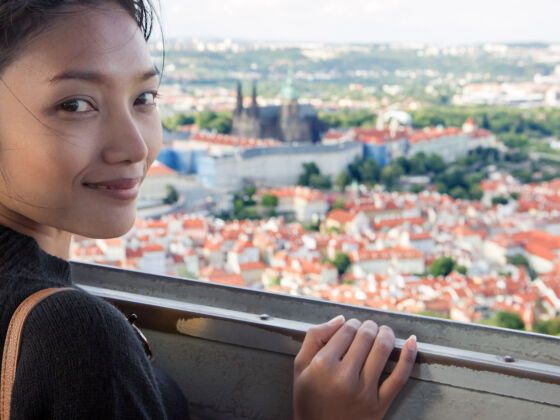EVERY CULTURE has special elements which the rest of the world might learn from. Here’s what The Czech Republic can teach us.
1. Magical beer
In the more traditional Czech “Hostinec” (guest-place), you don’t ask for beer, you receive a beer. Walk in, sit down, and almost without saying a word — a “thank you” is appreciated but not essential — a beer is magically set down in front of you. Drink the beer and your glass will be refilled until you call a halt. The bartender also puts down a piece of paper, which he or she marks tally-style. You have no choice of beers, it’s Pilsner or nothing, but everyone is drinking the same beer, from the same shaped glass, usually at the same speed. Note: In Prague, customers drink different beer from different shaped glasses.
